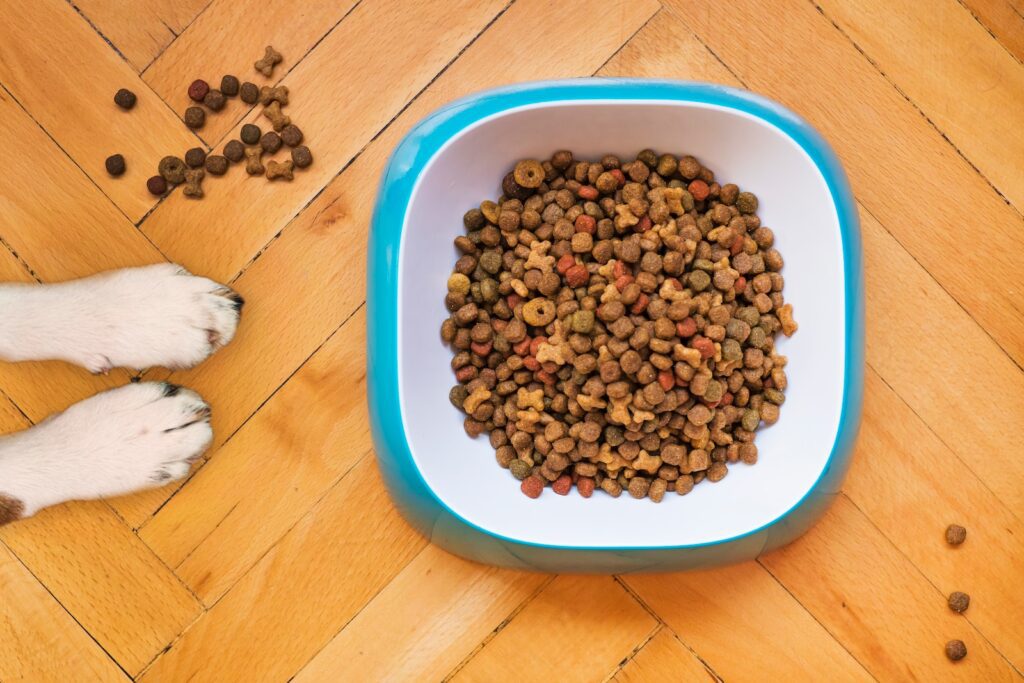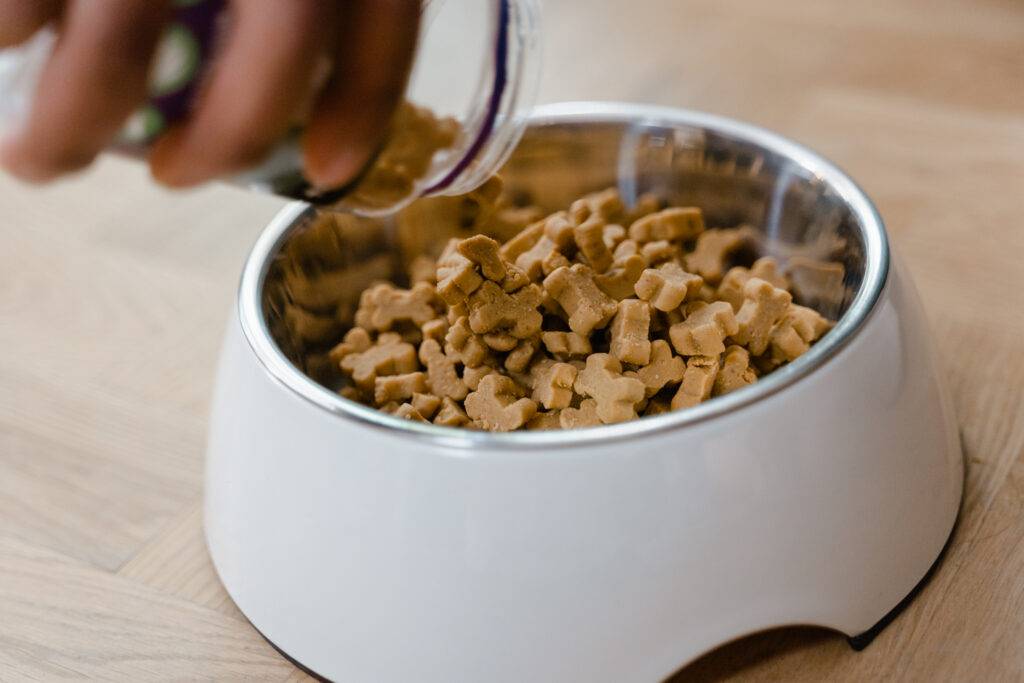Dog Foods for our pets maintain optimal health and well-being, it is crucial to provide them with a well-balanced diet. A nutritionally balanced diet will provide all the essential nutrients that your pet needs to maintain optimal health and vitality. In this article, we’ll explore the importance of a balanced diet for pets, and provide tips on how to ensure that your pet is getting the proper nutrition. Pet food is specially formulated food designed to meet the nutritional needs of pets. There are various types of pet food available, including dry kibble, wet canned food, and raw or homemade diets.
Table of Contents
The Role Of Nutrition In Dog Health
Nutrition plays a crucial role in the health and well-being of our pets. A diet that is lacking in essential nutrients can lead to a range of health problems, including obesity, joint problems, skin problems, and other health problems. On the other hand, a nutritionally balanced diet can help to support overall health, improve energy levels, and prevent health problems.

The Components Of A Balanced Diet
A balanced diet for pets should include a variety of essential nutrients, including carbohydrates, protein, fat, vitamins, and minerals. These nutrients work together to support overall health, and the proportion of each nutrient in the diet will vary, depending on the age, breed, and activity level of your pet.
Commercial Dog Foods
Commercial dog foods are a convenient and cost-effective way to ensure that your pet is getting a balanced diet. These foods are formulated to meet the nutritional needs of pets and are available in a variety of formulas, including dry kibble, wet food, and specialty diets. When selecting a commercial pet food, it is important to choose a high-quality product that is appropriate for your pet’s age, breed, and activity level.

Homemade Diets
Homemade diets are an alternative to commercial pet foods and can provide a balanced diet for your pet. However, preparing a homemade diet can be time-consuming and requires a good understanding of pet nutrition. If you choose to feed your pet a homemade diet, it is important to consult with a veterinarian to ensure that the diet is nutritionally balanced and meets your pet’s needs.
Supplements
In some cases, supplements may be needed to ensure that your pet is getting all the essential nutrients. Supplements can be added to your dog’s diet to provide additional vitamins, minerals, and other nutrients that may be lacking. It is important to consult with a veterinarian before adding supplements to your pet’s diet, as some supplements can be harmful in large amounts.

Avoiding Nutritional Deficiencies
Nutritional deficiencies can occur if your dog’s diet is not balanced, or if your dog is not getting enough of certain nutrients. The most common nutritional deficiencies in dogs include deficiencies in vitamins A, D, and E, and minerals such as calcium and phosphorus. To avoid nutritional deficiencies, it is important to provide a balanced diet and to supplement if necessary, under the guidance of a veterinarian.
Conclusion
A balanced diet is crucial for the overall health and well-being of our dogs. By providing a nutritionally balanced diet, we can support overall health, improve energy levels, and prevent health problems. Whether you choose to feed your dog commercial dog food, a homemade diet, or a combination of both, it is important to consult with a veterinarian to ensure that your dog is getting the proper nutrition. With the right diet, our dogs can live happy, healthy lives.